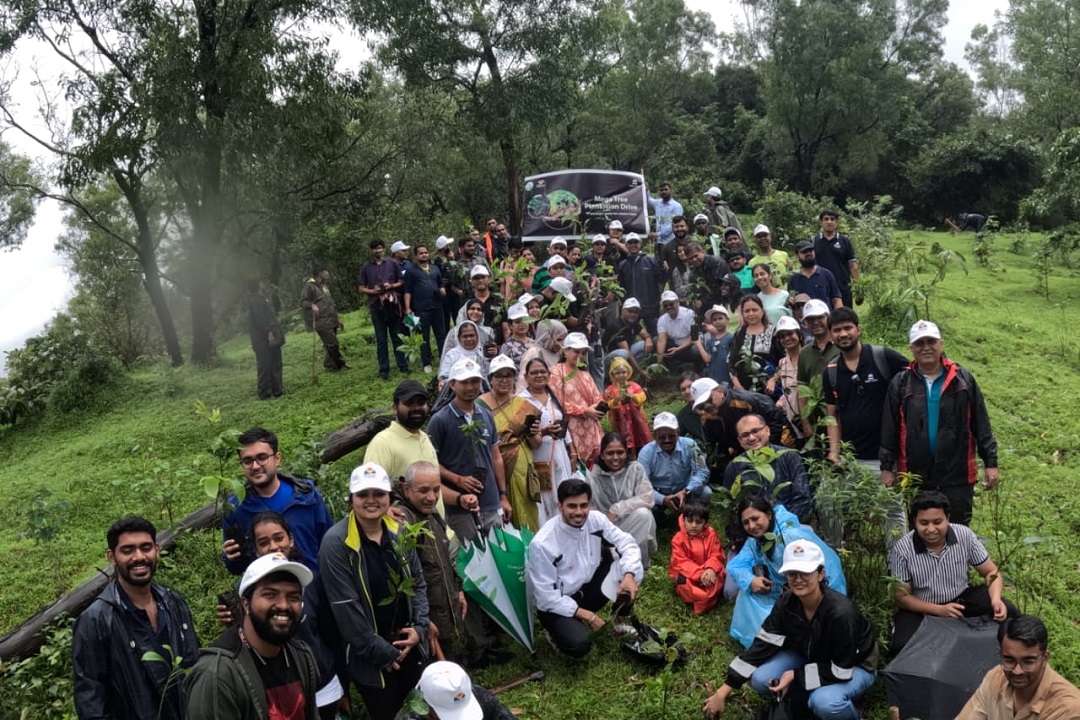Tata Power recently organized its annual plantation and trekking event at Walwhan Garden in Lonavala, bringing together over 200 volunteers from the company and other Tata Group firms. The participants planted more than 250 native tree saplings and sowed over 1,000 seeds as part of the company’s long-standing effort to support local ecology.
Employee-driven volunteerism has been a key part of Tata Power’s culture for over a century. The company continues to log among the highest volunteer hours per employee across the Tata Group. Over the past 50 years, consistent volunteer involvement has helped transform Walwhan Garden into a recognised biodiversity site in India. Today, it supports a range of species including orchids, reptiles, amphibians, birds, and aquatic life, and serves as a site for environmental education and research.
Walwhan Garden has become a hub for academic fieldwork, hosting seminars and studies in fields like botany, zoology, and conservation. It has also been the site of national-level events focusing on species such as the mahseer, a freshwater fish native to Indian rivers.
Since 1970, Tata Power has planted over 15 million seeds and saplings in the hydroelectric catchment areas it manages. These efforts—driven by both employees and community members—have helped restore natural habitats, boost biodiversity, and support seasonal rural employment.
This year’s plantation drive focused on species native to the Northern Western Ghats, selected for their ecological value in habitat recovery and long-term resilience. Seed sowing in hard-to-reach hilly areas was also included to expand the initiative’s impact.
Beyond environmental restoration, the event encouraged local participation and shared responsibility for long-term sustainability. Tata Power plans to continue expanding these efforts, guided by its environmental policy, with ongoing planting and ecological monitoring at Walwhan and other sites. The initiative is part of the company’s broader approach to climate adaptation and biodiversity protection, and underscores its goal of supporting a greener, more resilient future.








